Having Donnie Darko explained involves unknotting the movie’s complex timeline — and doing so reveals the hidden meaning of the film. Released in 2001, Donnie Darko was a lot of different things to different viewers. The film is simultaneously an early vehicle for future superstar Jake Gyllenhaal, the directorial debut of mercurial genius Richard Kelly, and a hybrid of teen drama, science fiction, small-town mystery, and fantasy. The meaning of Donnie Darko combines difficult-to-explain alternate universes with time travel and some truly surreal symbolism.
It's a very surreal and strange movie, and this is epitomized by its finale, but that doesn't mean there's no meaning behind Donnie Darko. The film uses a lot of 80s' pop culture detritus, which creates a foggy, nostalgic atmosphere, making the ending all the more confusing for first-time viewers. Add in vortexes and mysterious talking rabbits and viewers are left with many questions. Over two decades since its release, it's still considered a thought-provoking cult classic. Fortunately, the years have provided enough time to fully explore the Donnie Darko meaning behind the mysterious ending.
The sequel, S. Darko , was disavowed by Richard Kelly and Daveigh Chase is the only returning cast member from the original movie.
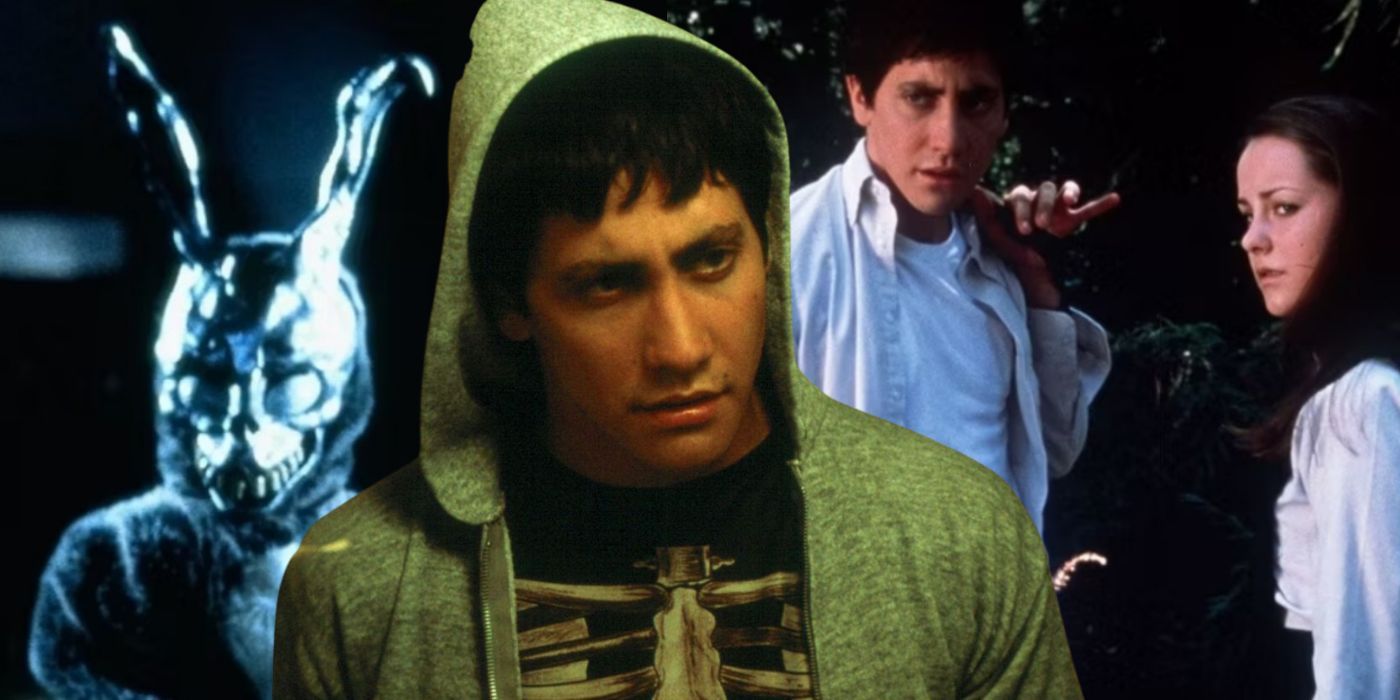
Related
Donnie Darko: 20 Best Quotes
Donnie Darko is a critical darling and one of the most memorable coming-of-age stories from the 2000s. These are its best quotes.
What Happens At The End of Donnie Darko
Donnie Uses Time Travel To Sacrifice Himself And Save The Day
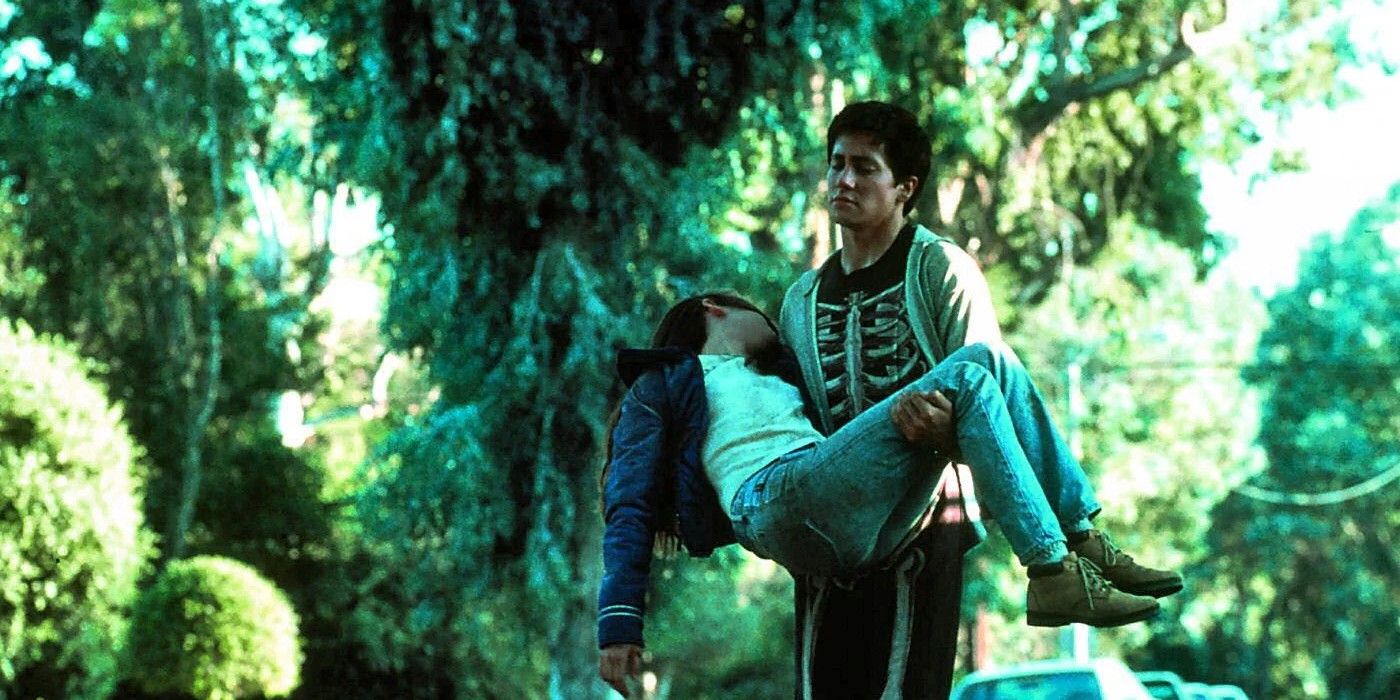
The ending of Donnie Darko is better understood in order. Chronologically, and stated as simply as possible: Donnie burns down hypocritical motivational speaker Jim Cunningham’s (played by the late Patrick Swayze) house after Frank tells him to, leading to Cunningham’s arrest when child pornography is found inside. Donnie’s mother and younger sister head to LA with his sister’s dance troupe.
Meanwhile, his Harvard-bound older sister celebrates her university acceptance with a party. Donnie tries to find the reclusive author of a book about time travel he got from a science teacher, but instead, he ends up being attacked by bullies. Gretchen is hit by a car that Frank, the rabbit-masked man, is driving. A distraught Donnie shoots Frank in the face, and it’s during this moment that Donnie gives Frank the wound hidden under his rabbit mask earlier in the film.
Soon after, Frank the rabbit’s prophecy for Donnie comes true as he sees an apocalyptic rip in the sky. As the plane carrying his sister and mother starts to crash, Donnie travels back in time to the start point of the movie, going back to bed and allowing himself to be hit by the falling jet engine. He does this because, with his death, nobody will expose Cunningham, meaning the circumstances that lead Donnie's mother and sister to be on the doomed flight won't happen.
Donnie's Darko's Time Travel Explained
Frank Comes From An Alternate Reality
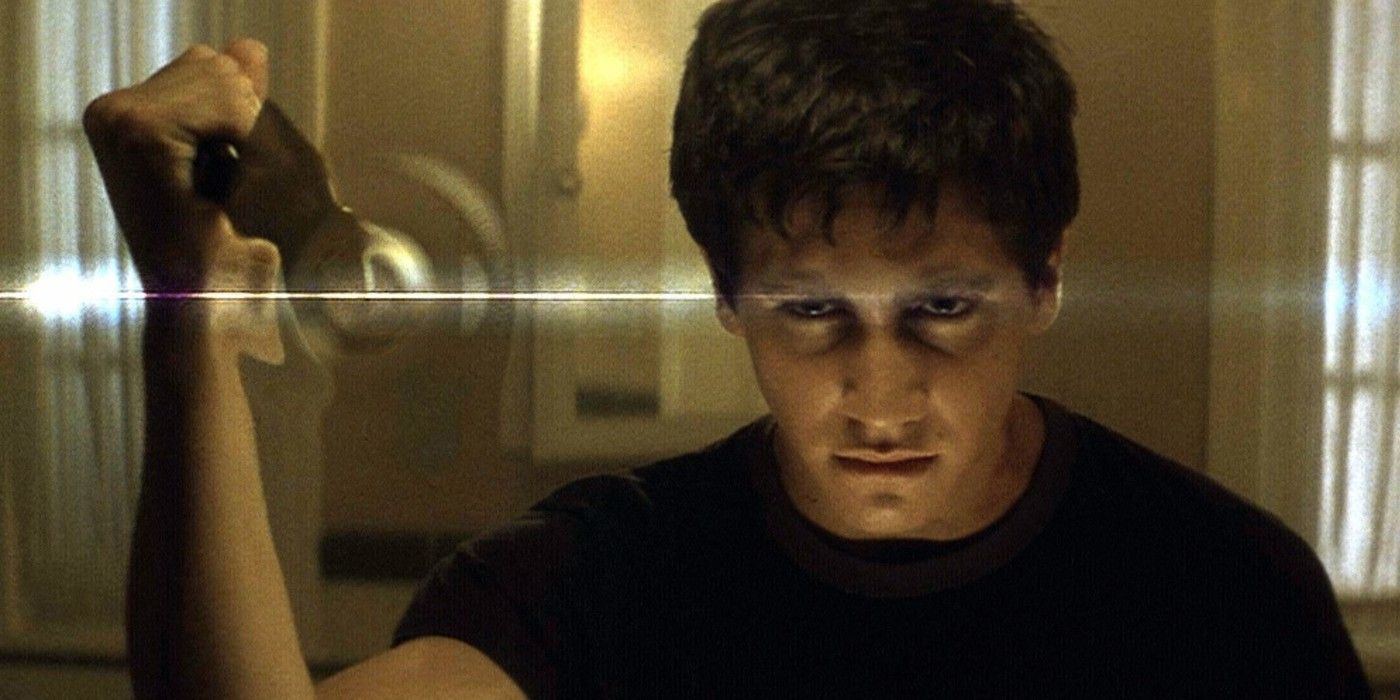
Donnie Darko explained self-reflexive time travel and the theory of alternate universes, which can be hard to understand. Simply put, the tangent universe that Frank the rabbit warns Donnie about is a separate, alternate reality (similar to 2022's Everything Everywhere All At Once, but more singular), that comes into existence at the start of the film.
Donnie Darko doesn’t explain why the tangent universe comes into existence; it's one of many things in the movie that are deliberately left a mystery. Donnie’s role is to sacrifice himself to bring an object (the jet propeller engine) from the tangent universe back home to where it belongs. The nature of this tangent universe was actually explained in text from Roberta Sparrow's The Philosophy of Time Travel:
"If a Tangent Universe occurs it will be highly unstable, sustaining itself for no longer than several weeks. Eventually it will collapse upon itself, forming a black hole within the Primary Universe capable of destroying all existence."
In the Donnie Darko ending, Jake Gyllenhaal's Donnie returns to the hillside and watches the jet engine get sucked into the time vortex, at which point time rewinds and he has an opportunity to do things differently, armed with his knowledge of what will happen. Donnie is the only person able to close the tangent universe before it destroys his reality, but it will cost him his life in the process.
At the end of the movie, he voluntarily goes to bed — even laughing as he does so, having accepted what he must do to keep his family and Gretchen alive — and is crushed by the falling plane debris.
Frank The Rabbit Explained
There Are A Few Possible Meanings Behind His Appearances
Frank haunted Donnie throughout the movie, but is it the same Frank he shoots towards the end? It is a time travel paradox, and the ending can be interpreted in various ways. In the case of Frank the human-rabbit man, his origins are admittedly never made clear by the movie, but a little digging uncovers a couple of clues.
Frank appears after the tangent universe comes into existence, and the match cut sees his face superimposed over Donnie’s during a sequence discussing Donnie’s mental health — similar to tricks pulled by Fight Club with Tyler Durden. Based on this, the bunny-man can be read as Donnie’s tangent universe alter-ego who exists to warn him about the sacrifice he must make.
In guiding Donnie to change the outcome of events, Frank not only helps to prevent the deaths of Gretchen and Donnie's family but also saves his own life as well.
Another meaning of Frank is that he is the same bunny-man Donnie shot and, after his death, his spirit is no longer bound by time. It's not uncommon for ghosts in movies to deliver warnings to the living — the difference with Frank is that he delivers his warning before he even dies.
Lending the Richard Kelly movie some real-life inspiration, details from The Philosophy of Time Travel support this theory, referring to a particular type of spirit known as the "Manipulated Dead." In guiding Donnie to change the outcome of events, Frank not only helps to prevent the deaths of Gretchen and Donnie's family but also saves his own life as well.
How Donnie Darko Saves His Family
It's Likely That Nobody Knows About His Sacrifice
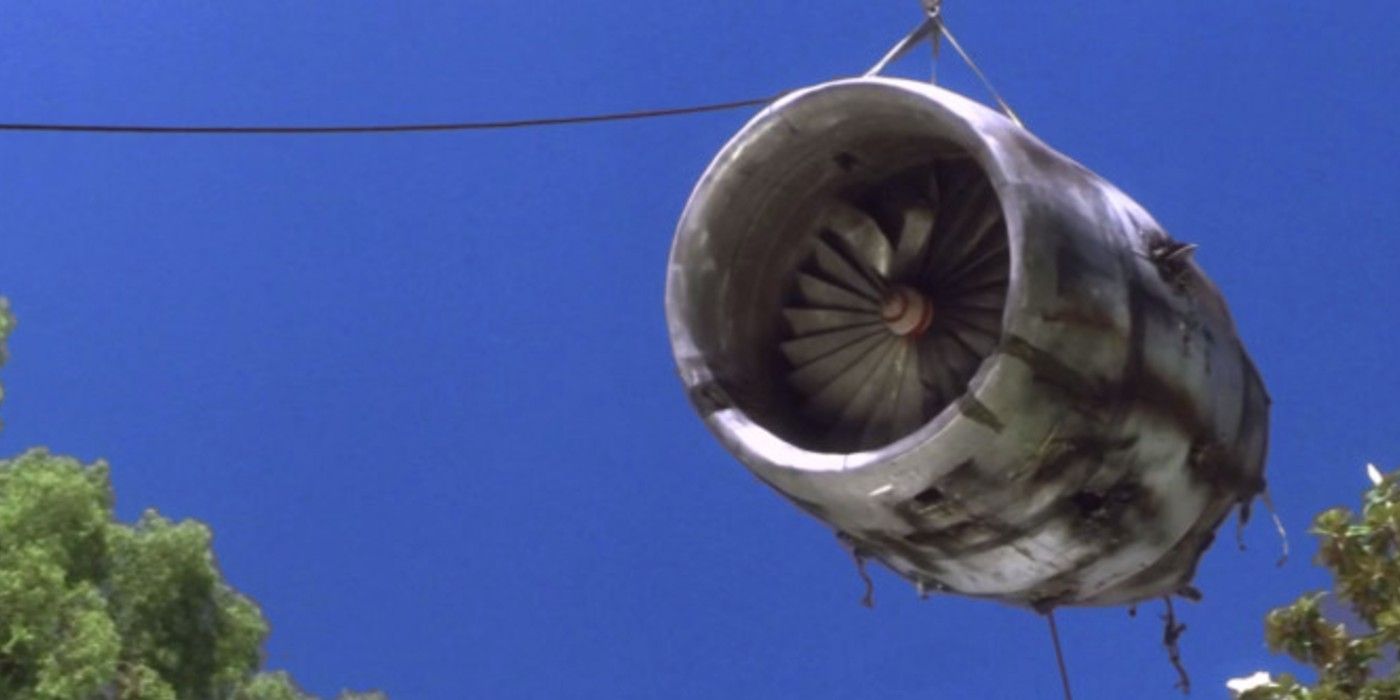
The vague rules of time travel in Donnie Darko aren't elaborated on much within the movie itself, but they allow his family to live. By going back in time and accepting his fate, Donnie Darko explains that Donnie succeeds in closing the tangent universe and changing the future. His mother and sister won't die, and he prevents Gretchen from dying since she was only hit by the car because she was with Donnie. Frank won't die, because Donnie killed him in reaction to Gretchen's death.
When Gretchen rides past Donnie's house and pauses at the wreckage, she and Rose make eye contact and instinctively wave as if they know each other.
There are less desirable consequences of Donnie sacrificing himself too — since he won't burn Jim Cunningham's house, his child pornography collection won't be found. However, time travel in movies is always complicated, and it's implied that some echoes of the tangent universe in the Donnie Darko ending remain. When Gretchen rides past Donnie's house and pauses at the wreckage, she and Rose make eye contact and instinctively wave as if they know each other.
This suggests that even though Donnie was the only person who retained his full memory of the other timeline, other people in the town remain subconsciously aware of what might have happened. Though he was a misfit in life, perhaps people will know Donnie was a hero in death — even if they're not sure how.
Why The Other Characters Can Sense Donnie's Death
Director Richard Kelly Suggested The Memories Become Feelings Of Déjà Vu
While Donnie Darko explained a lot of the loose ends with Roberta Sparrow's book, The Philosophy of Time Travel, the final chapter hints at why Rose, Gretchen Ross, Kitty Farmer, and Jim Cunningham get déjà vu, though it's still a little ambiguous. The final chapter discusses the Manipulated Living's dreams and how their dreams are haunted by their journey into the Tangent Universe.
This explains why all those characters suffer from so much discomfort in the "Mad World" scene, leading to Jim Cunningham dying by suicide. This also explains why Rose and Gretchen wave at each other, as they have the strongest connections to Donnie.
Kelly explained how Frank has déjà vu when he drops off Elizabeth and honks the horn (via Cinema Blend). The director explained:
" I think part of the reason he is honking his horn there he is overcome by this feeling of déjà vu, where he realizes that, as all the other characters, they lived in some place, some other dimension for a brief time and its memories are, there but they’re sort of drifting away. "
The filmmaker described déjà vu as being dreamlike, as these "memories" fade away quickly even though they were once remembered so clearly. Every character who was connected to the Living Receiver has memories of the Tangent Universe, and as Donnie is the Living Receiver, the déjà vu that the Manipulated Living have could be more powerful the closer they are to Donnie.
Does Donnie Have Schizophrenia?
Donnie Darko May Be Another Hollywood Movie That Misrepresents Mental Health
One of the simplest, and most prevalent theories behind Donnie Darko is explained by the fact that Donnie could simply be suffering from schizophrenia. The poorly understood mental illness is often used as a crutch by screenwriters to spice up their films. According to CBC, schizophrenia is often misrepresented in TV and film, and Donnie Darko was even specifically called out when the report read:
" Another common representation of schizophrenia makes the condition out to be supernatural or magical, like in...the film Donnie Darko...it diminishes the real-life experience of living with schizophrenia and suggests that it is beyond humanity or our understanding ".
Nevertheless, many have pointed out that Donnie supposedly exhibits symptoms of the illness, though he is never officially diagnosed in the movie. According to the World Health Organization, symptoms of schizophrenia include persistent delusions and hallucinations, often the only two signs ever shown in film or TV. The problem with the theory is that Donnie Darko never explained that what Donnie saw, heard, or experienced was a delusion. The audience never sees the mirror cracked, and as far as the movie allows, everything really happened in the way that it is shown on screen.
What The Donnie Darko Ending Really Means
Donnie Becomes A True Superhero
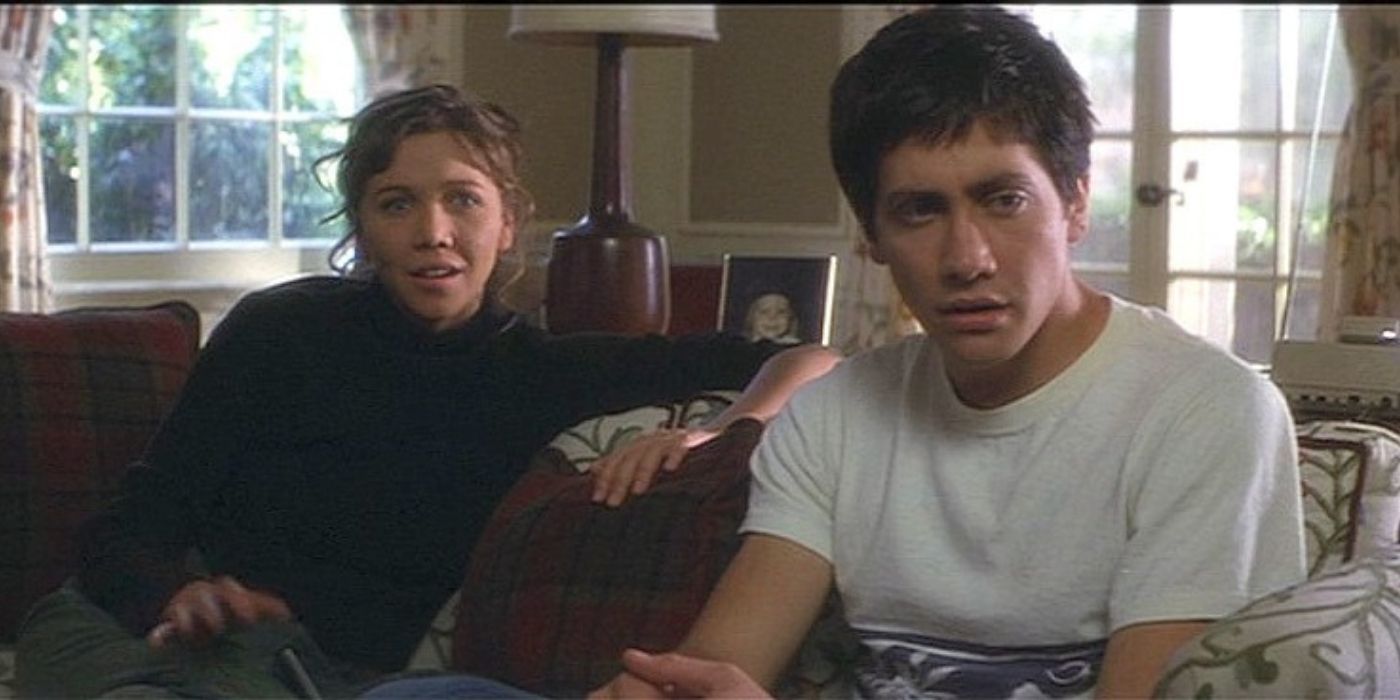
Donnie Darko's ending isn't the only movie leaving viewers wondering what happened due to an alternate universe, but it has a reputation for being particularly confusing. While Donnie Darko's timeline is relatively straightforward, the meaning of Donnie Darko is a little ambiguous, leaving so much for the viewer to interpret. However, the real takeaway from Donnie Darko's ending is the statement it makes about determinism and how free will works within it.
There's much that Donnie can't control, but he makes sense of how to close the tangent universe. He knows he'll die, but as his recent existence has seen those close to him meet such unpleasant fates, he saves them by allowing the jet engine to kill him. Unpacking the science behind the film's story might be complicated, but Donnie Darko's ending is quite simple: he chooses to die so that others can live.
What Jake Gyllenhaal Thinks The Donnie Darko Ending Means
Gyllenhaal Claims The Confusing Ending Is What Speaks To Audiences
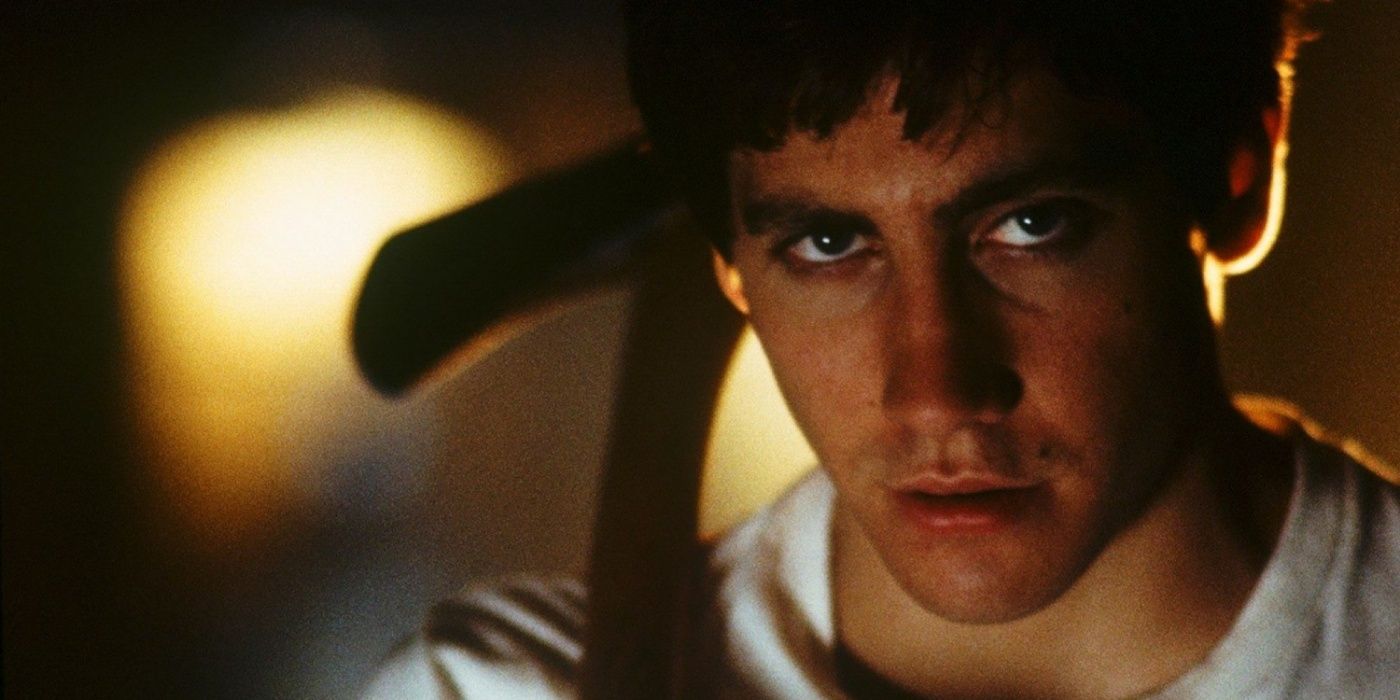
Donnie Darko is one of Jake Gyllenhaal's best movies partly because it prompts so much thought and conversation. In a retrospective interview about the movie, Gyllenhaal talked about the ambiguity of the Donnie Darko meaning and what he feels lends to its cult classic status. According to the actor himself, the fact that the ending is "vague," has helped the movie stand the test of time. However, he said this movie was about "adolescence and the confusion of all of it," and that makes it a "rite of passage" for many viewers that "messes with you a bit."
How The Donnie Darko Director Explains The Ending's Meaning
Richard Kelly Suggests Fan Theories Haven't Figured It Out Yet
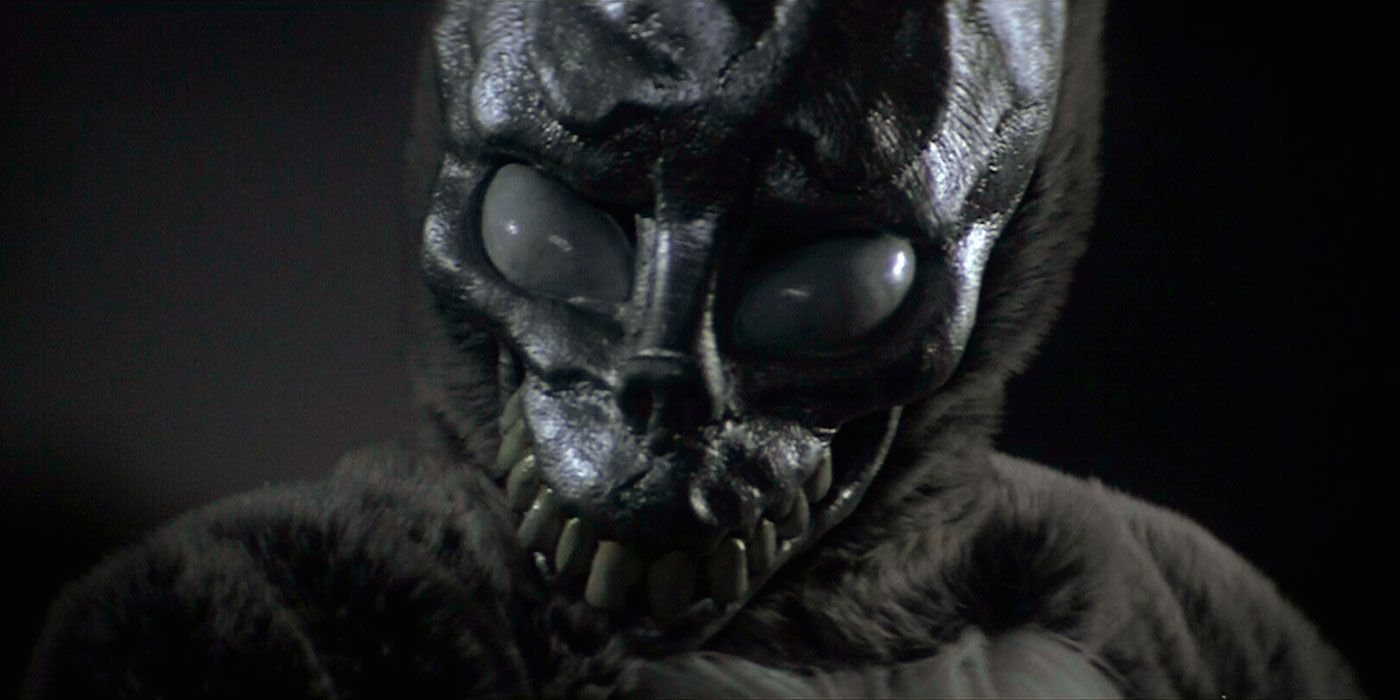
Director Richard Kelly also spoke about the meaning of Donnie Darko (viaNME), and he admitted that most of the fan theories are all wrong. However, he was also coy in the interview about many of the questions concerning Donnie Darko's ending. He avoided the idea that Donnie was dead all along, saying that life and death can co-exist. He did say Donnie wasn't hallucinating and everything in the movie is real "to a certain extent." Finally, he said "life could be a dream" and Roberta Sparrow was onto something with Philosophy of Time Travel.
However, in an interview celebrating the movie's 20th anniversary, Kelly revealed a little more about the meaning of Donnie Darko, though still remained vague (via Rolling Stone). The filmmaker summed up the movie, explaining:
“ I look at the events in the film as a story of divine and supernatural intervention, where a select group of characters happen to be living in the proximity of this science fiction event. ”
There are plenty of fan theories about Donnie Darko out there, such as him being dead the whole time or the film being a cautionary tale about drinking and driving, but Kelly hints at Donnie being a Messiah-type figure.
Kelly also revealed that the majority of the movie can be construed in any way the audience wants and that it's far more open to interpretation than audiences first thought. The director revealed:
“ That is not to take away any interpretation that people have of the film, which I think is valid because the way it’s engineered, you can have any interpretation you want of the first 90% of the movie. ”
However, according to the director, the final 10% of the movie is what's definitively set in stone, putting an end to the idea that Donnie was dead the whole time. However, given that Kelly wants to make Donnie Darko 2, the title character might not have actually died in the Donnie Darko ending after all.
How The Donnie Darko Ending Was Received
The Final Moments Cemented The Movie As A Cult Classic
There are few movie endings that have created as many questions as Donnie Darko, and it's safe to say that the final moments of Richard Kelly's bizarre 2001 sci-fi drama are a key reason for its enduring legacy.Donnie Darko was a captivating film even before the final moments had arrived. The first two acts of the story create many, many questions, and by the time the climax of the story arrives, viewers are eager to have them answered.
Frank had been constantly teasing Donnie about a coming apocalypse and the world ending. His appearance at the Halloween party at the Darko house solidified the idea that Donnie's ability to see time streams was indeed genuine, and that the phenomena wasn't part of some kind of psychosis. Then, when Gretchen is run over by a car and killed, many viewers jumped to the conclusion that the "everything" that Frank hinted at ending was simply Donnie's happiness with his girlfriend, the one source of joy in his life.
However, when the actual ending arrived, and it was revealed Donnie was either stuck in a time loop, or had simply imagined the events of the movie in the last moments before being trapped in a time loop, audiences learned all of their assumptions about where the plot was going were totally wrong. It's in these moments that the true genius of Donnie Darko resides, and is why the cult gem is still so heavily dissected over two decades since its initial theatrical run.
The ending of Donnie Darko remains one of the best examples of using ambiguity as an essential storytelling tool. It's this that both helped Donnie Darko become a talking point when it released in 2001, and that's ensured it has a lasting legacy decades later. While there is much to celebrate when it comes to analyzing Donnie Darko as a cinematic achievement, it's undeniable that the ending is its strongest point.
A Deleted Scene Makes The Ending More Harrowing
Donnie's Sacrifice Was Originally More Brutal
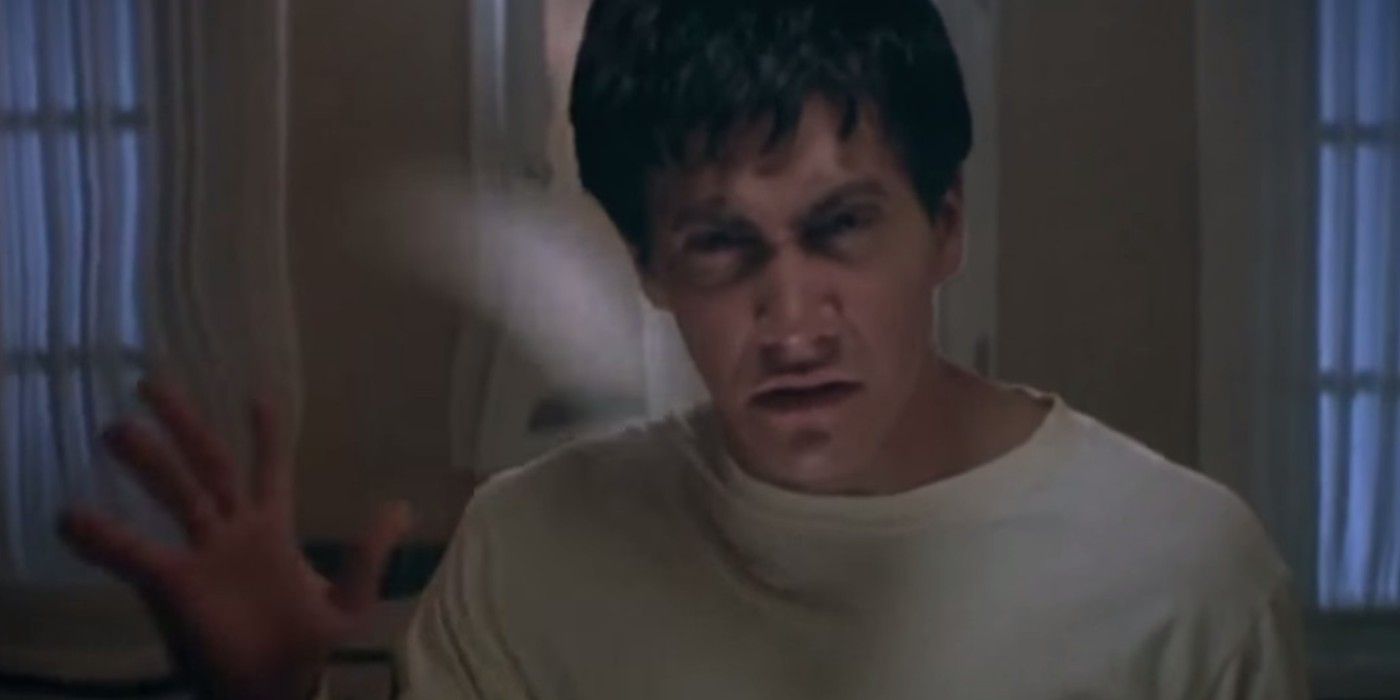
The ending of Donnie Darko is a bittersweet one, as the protagonist dies so that everyone else can live. However, there was a deleted scene related to the end of the movie that would have changed things and made it an even more heartbreaking end for Donnie. While nothing is really changed about the ending, there was originally a shot after the jet engine crashes through Donnie's room which shows Donnie still alive and slowly dying as he has been impaled with a piece of the wreckage (via YouTube).
The scene would have reinforced the sacrifice that Donnie made to save his loved ones. The image of the jet engine crashing into his bedroom spells his fate, but this ending shows that he truly had to suffer with the choice he made. While it would have been a more emotional and disturbing ending, it was wise of Richard Kelly not to include it. Donnie's death in the finished movie is poetic and dignified, showing that he did this willingly. The sight of him in pain and dying might open questions about if he made the right choice.
In the end, the more harrowing ending of Donnie Darko doesn't add enough to the final arc of the main character to make it worth subjecting audiences to such an unsettling moment.
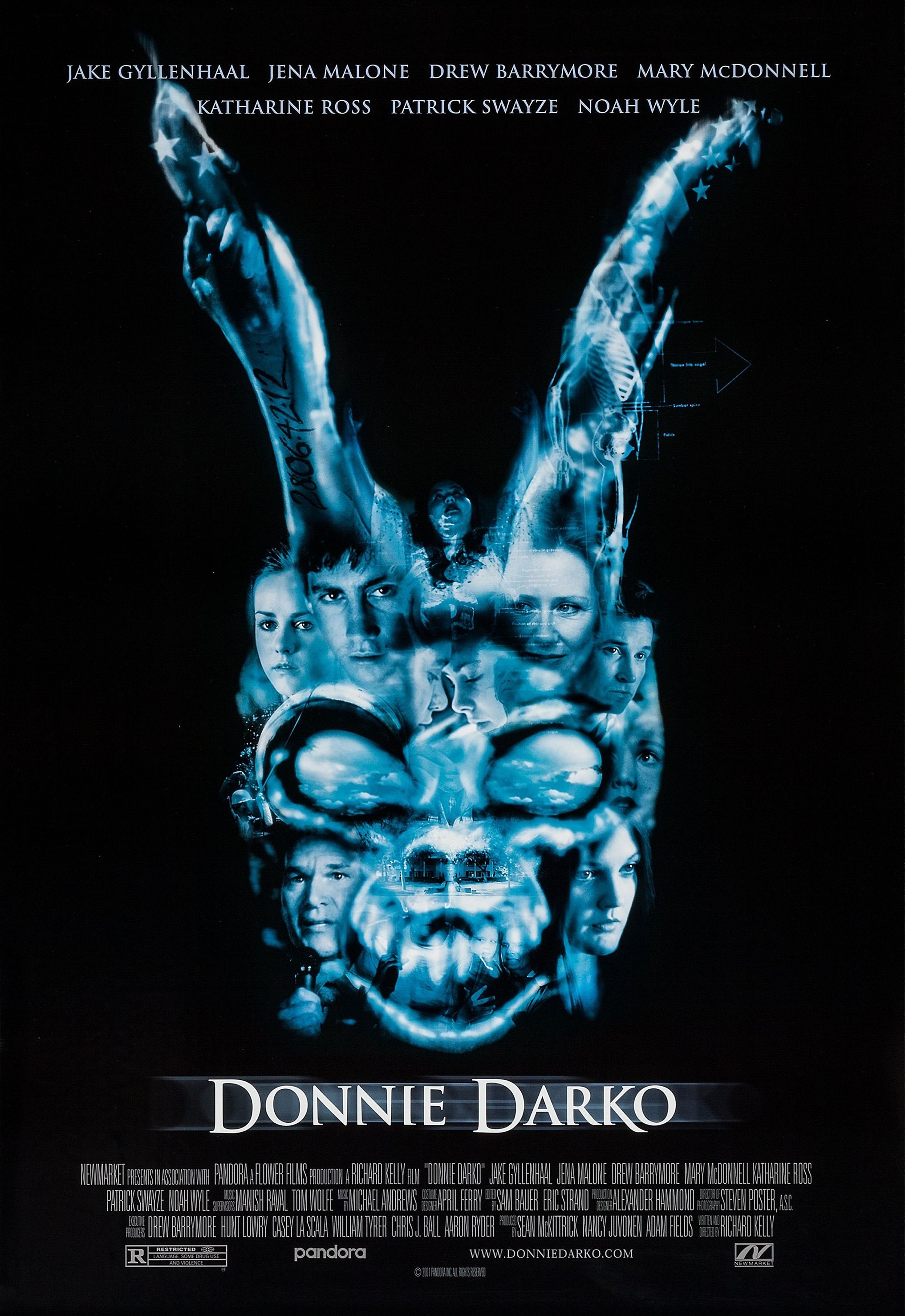
After troubled teen Donnie Darko (Jake Gyllenhaal) wakes on a local golf course after a night of sleepwalking, he has a vision of a man in a rabbit suit telling him that the world will end in 28 days. Returning home, Donnie sees that a jet engine has fallen on his bedroom in the night, and begins to feel increasingly detached from reality. Scrambling to make sense of the bizarre and unexplainable events that have altered his life, Donnie finds himself unravelling a tangled web of disaster and fate.
Director Richard Kelly
Release Date October 26, 2001
Runtime 113 minutes

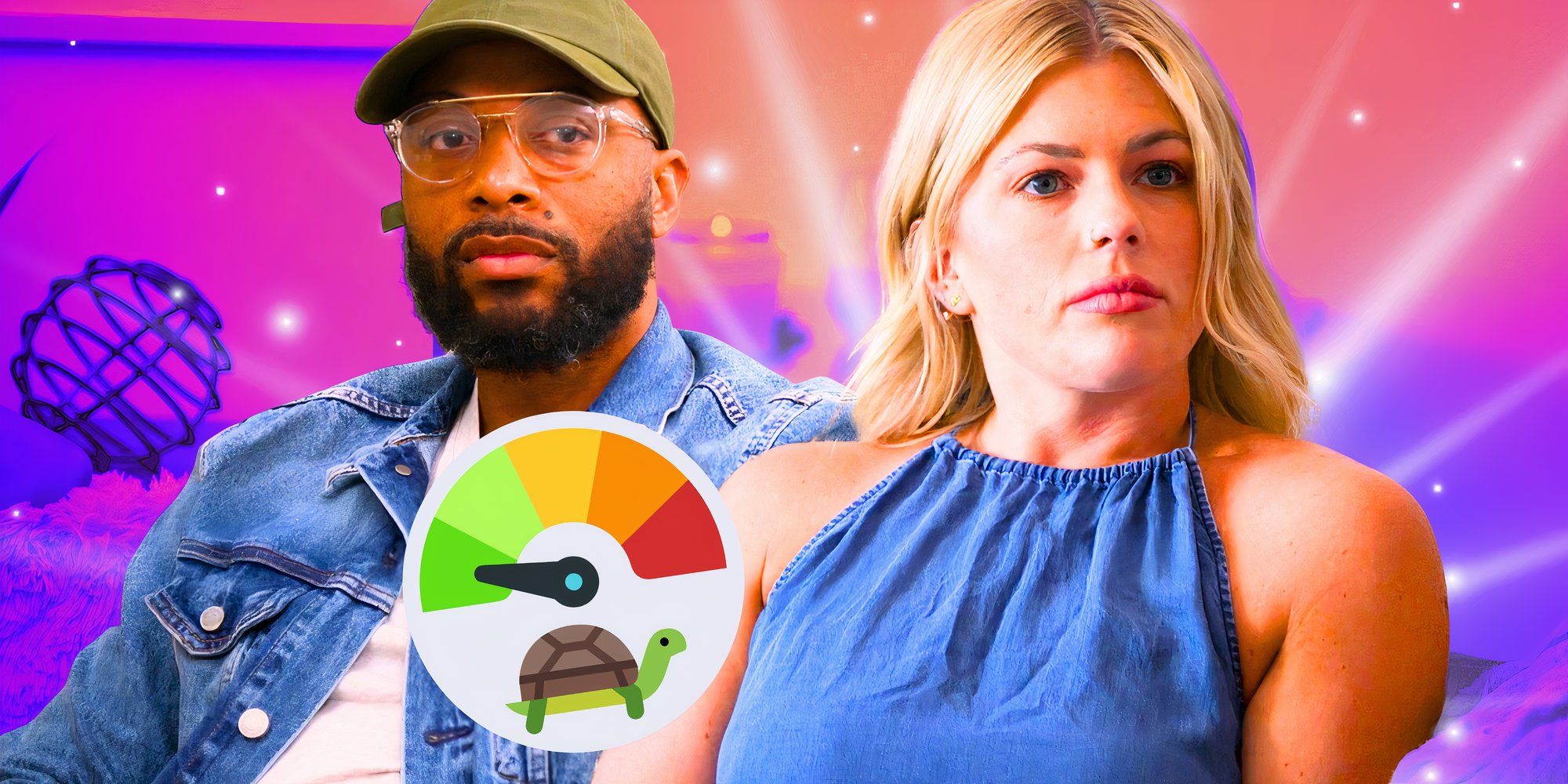
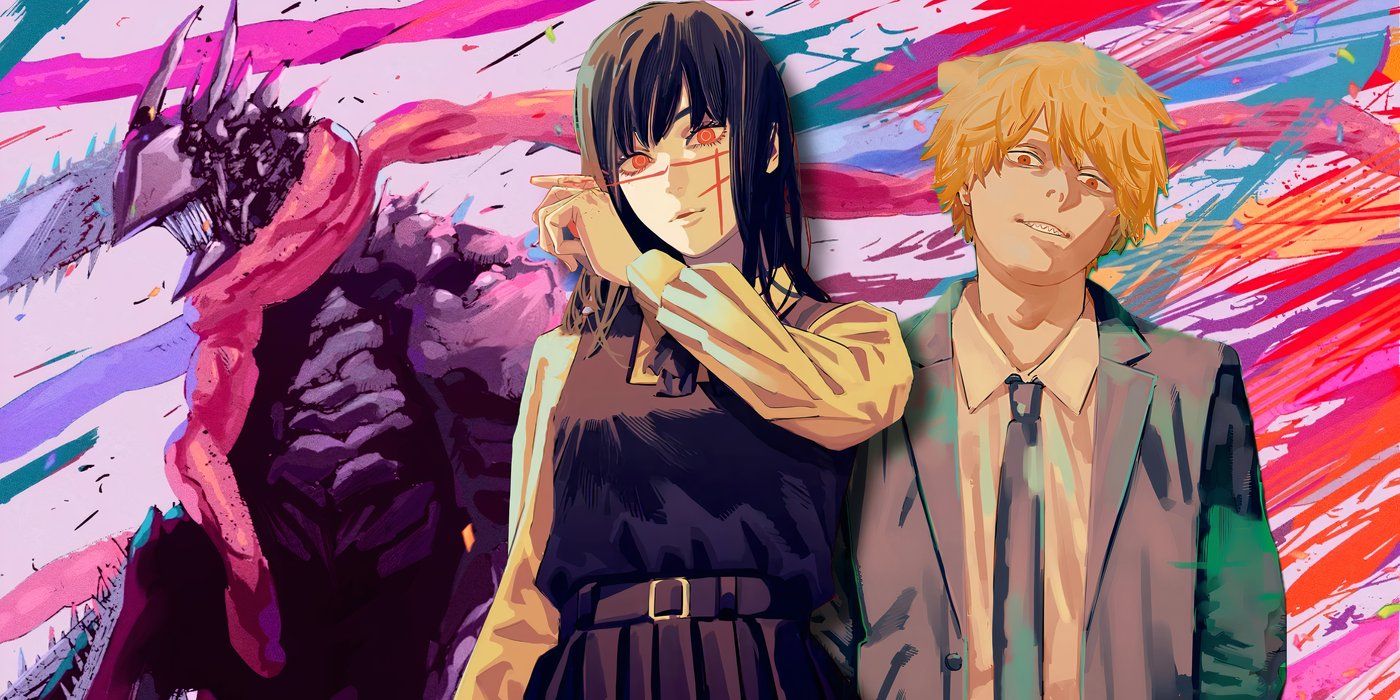
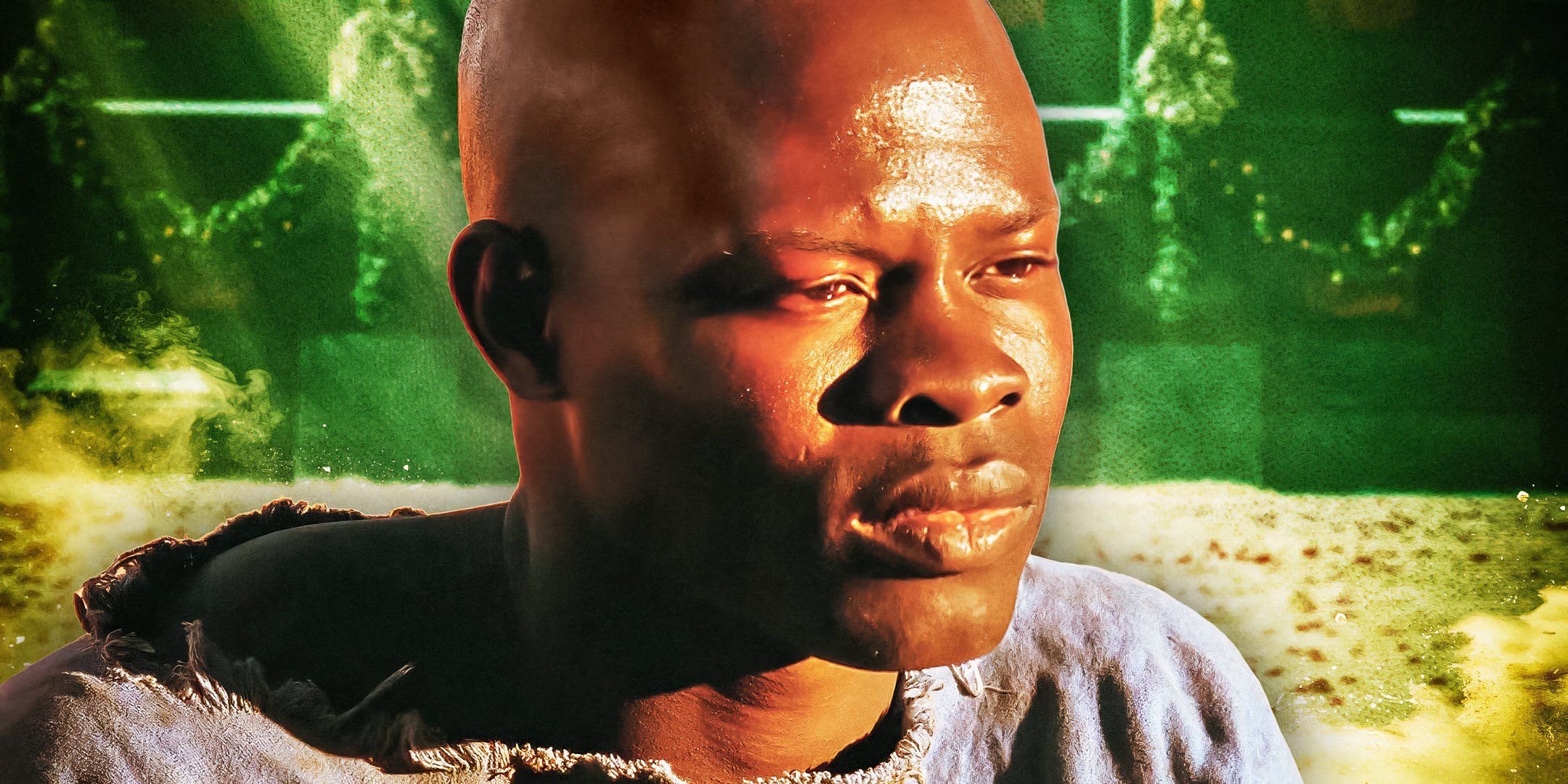

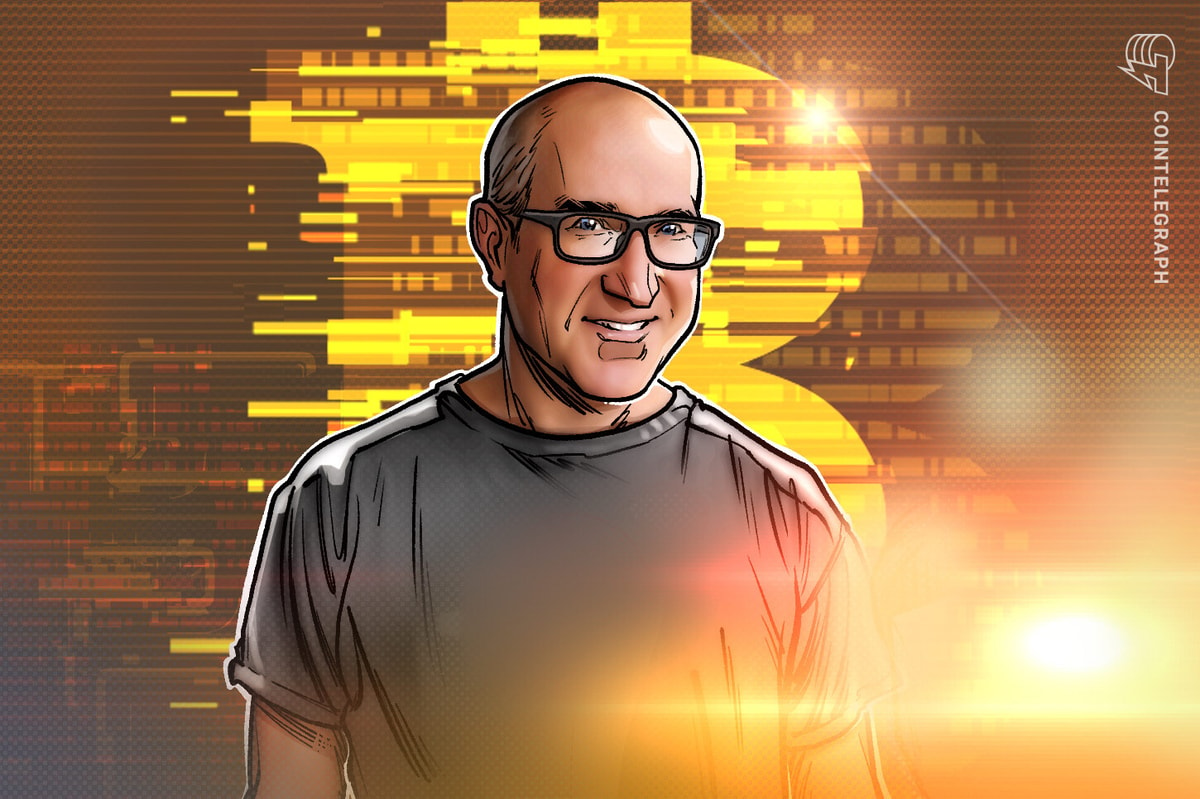
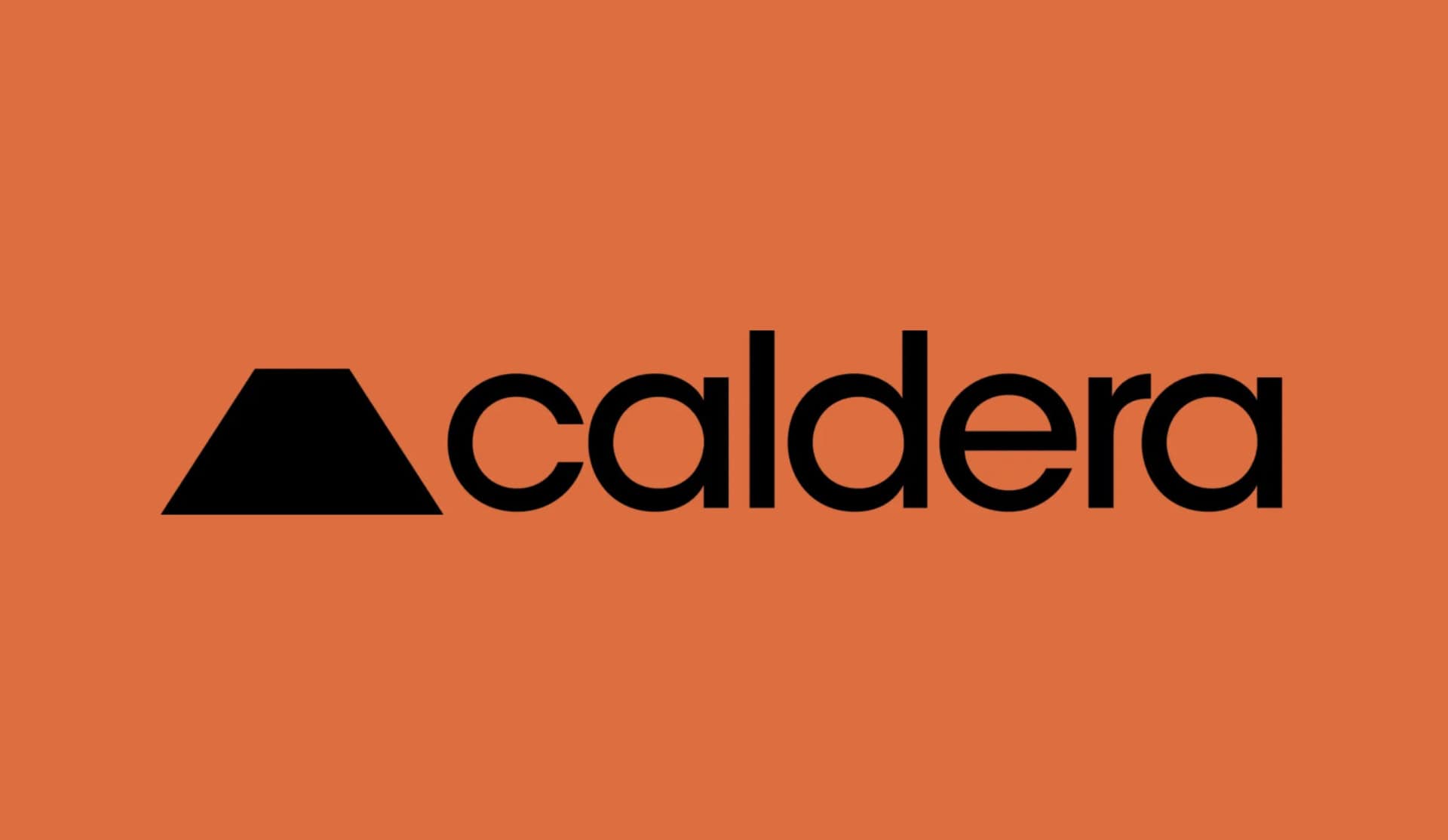


 English (US) ·
English (US) ·